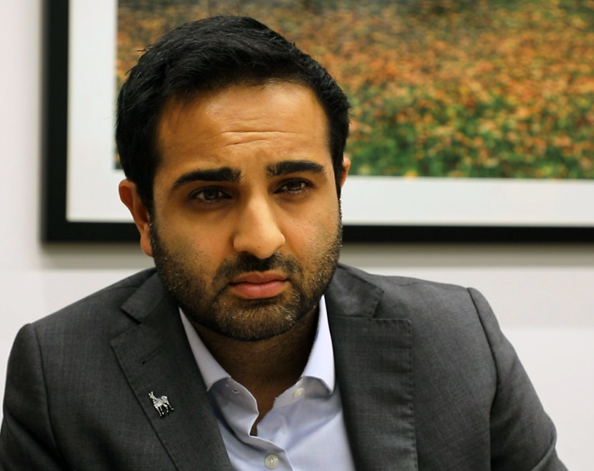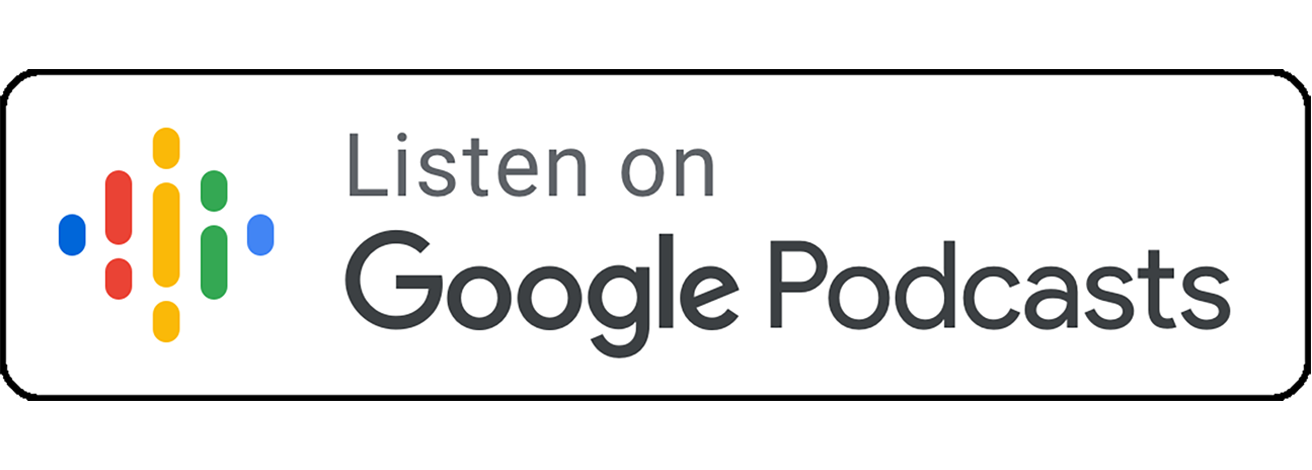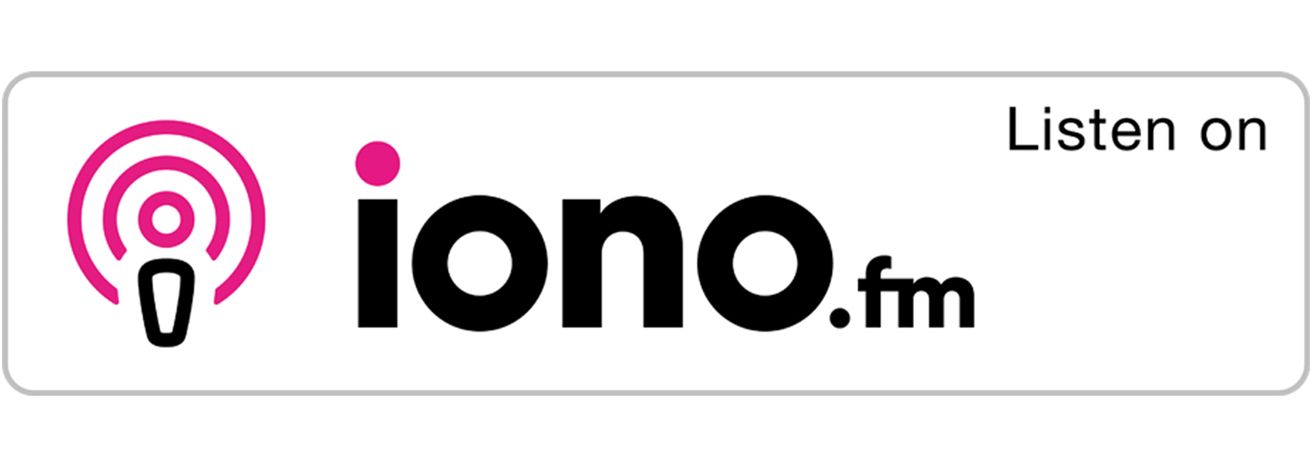A new dawn in banking
Subscribe to Investec Focus Radio SA
This could include your credit card, your current account and some savings information. The benefit? Gaining access to a much wider range of financial products and cutting-edge technology to better manage your money.
Open Banking regulation includes the European Payment Services Directive (PSD2) and legislation passed by the UK Competition and Markets Authority in 2016 that requires the country's nine largest banks to allow outside developers secure access to their clients' data so they can build other apps.
It isn't only consumers who benefit, but also fintechs – the companies, typically start-ups, that are building the apps that add value to consumers' banking services.
A seismic shift for traditional banking
Devin Kohli, Investec's co-head of Emerging Companies in the UK, calls Open Banking "a seismic shift for banking". For a glimpse into the future that this shift may bring, he suggests we look to the east. "China has Alipay [a third-party mobile and online payment platform], which a vast majority of consumers use, along with the social media and online payment app WeChat, to do a number of things over and above making a payment. That is what we think is increasingly going to happen in the UK and European market – that you'll use your banking app to do other things apart from just check your balance or make a payment. You may buy insurance, or look at your pension, or manage your wealth through that platform."
And it doesn't necessarily have to be done by your own bank – it could be done by other fintechs in partnership with your existing bank.
"That's the power of Open Banking," says Kohli. "You can have third parties working with your bank to create a holistic experience for you as a user. That's a huge shift. I don't need to have 55 apps on my phone to do 55 different things."

That's the power of Open Banking … I don't need to have 55 apps on my phone to do 55 different things.
Encouraging collaboration
It may seem like this revolution is a threat to traditional banks. But for banks that are brave and innovative enough to embrace the change and partner with fintechs to enhance the services they offer to their clients, it could represent a significant opportunity.
In fact, Open Banking, in Kohli’s view, actually helps the large banks to retain their users by compelling them to encourage a collaborative environment. This places niche banks like Investec, which offer bespoke banking services to specific client segments, in a unique position: while these institutions have banking platforms, they do not offer every service a client may need and can thus work with fintechs to provide a full online service offering.
One of the fintechs with which Investec is collaborating is Bud, which HSBC has also enlisted to assist with the latest stage of its foray into open banking. HSBC is trialling an app that lets people see account information from all of their providers, as well as receive money management tips and product suggestions, including those from third parties.
Edward Maslaveckas, the co-founder of Bud, explains how this fintech works: "In your banking app you'll be able to connect some of your other banking apps or other accounts to see a broader picture. Then, in time, you'll start to get more information off your aggregated accounts, or your credit card or current account balance. You'll start to be able to bring your mortgage in and see that."
Once you have access to all this information, you can get a high level of view of your finances and start comparing services, says Maslaveckas. "You ask: 'Maybe this credit card isn't the best one for me. Can you find me a new one?' And the answer is: ‘Yes, we can do that’, and it finds something more relevant to you. Because if you're willing to share your data with the institution, they can interpret that and help you along the way."
Unlocking value inside your bank
Maslaveckas also believes that Open Banking will be able to replace what many customers of big retail banks once had access to but have lost along the way: the personal relationships they had once upon a time with a real-life banking manager, who could advise them on everything from opening an account to the purchase of a home.
Today, however, this relationship is no longer feasible for the biggest banks simply because it isn't really scalable across millions and millions of customers, notes Maslaveckas. "But it is something that can be delivered across these digital experiences. And Open Banking is very much laying the groundwork for that."
John Elliott, head of Fintech and Open Banking Partnerships for Investec in the UK, describes Open Banking as "unlocking value inside your bank". He agrees with Kohli that it opens up new opportunities for a bank such as Investec, which can use technology to enhance the personal service it gives its much smaller client base.
"Open Banking, at its heart, is driven by competition regulation," says Elliott. "The regulators are worried about banks being too big to fail, and they want to see more banks holding a bigger share of customer accounts in the UK."
While this could be seen as a threat to banks, a niche bank like Investec sees this as an opportunity to partner with fintechs to bolster its online offering. "We can use the technology to reach new clients that we haven't gotten to before, and provide services in ways that we haven't been able to before."

We can use the technology to reach new clients that we haven't gotten to before, and provide services in ways that we haven't been able to before.
For example, for anyone wanting to make a payment currently, that person still needs to 'go' to a bank, whether that be at a bank branch, an ATM or a bank's online site. Open Banking is set to change that as a movement, driven by regulation (in the UK specifically), that is forcing banks to open up the ability for payments to be made directly from a bank account, via third-party applications – and for customers, in turn, to be able to extract information from their bank accounts in whichever way they see fit.
Open banking is all about the consumer
While the process sounds great, says Elliott, what does it actually mean for the consumer? "In the future, when Open Banking has landed, someone may build a Facebook app and I could then pay one of my Facebook contacts by putting my fingerprint on my bank app when it pops up for authentication. You'll be able to do transactions online without needing to have a bank card anymore.
"It will enable people to be closer to where their money is and where they want it to be. So, as opposed to having a very disconnected process from what you're doing in your life right now, to having to go and make a financial transaction to reflect that, it will be far easier for you to do the transaction in the moment."
Opening up options for corporate cash
Open Banking will also help corporates manage their cash better. "Banks traditionally look at the cash sitting in business accounts as a wonderful source of nice, sticky, stable liability funding to manage their balance sheets," says Elliott, "and the business owner has nowhere else to put it but in a bank account. You have to have a bank account in order to receive payments from your clients, so it's been a wonderfully captive market for banks."
Fintech entrepreneurs, on the other hand, like Maslaveckas and his development team at Bud, are starting to see that there are opportunities here to help small businesses to become better at managing their finances, earn more money, and pay less when they need to access short-term borrowing.
But embracing Open Banking requires a mind-shift among traditional banks in relation to both business and retail clients. They need to accept that much of the data they hold is not actually theirs – it belongs to their clients.
The sooner banks realise this and start acting accordingly – with clients' needs foremost in their minds – the sooner they will reap the rewards of a more open banking environment.
Receive Focus insights straight to your inbox
Disclaimer
Investec Focus and its related content is for informational purposes only. The opinions featured on the site are not to be considered as the opinions of Investec and do not constitute financial or other advice. The information presented is subject to completion, revision, verification and amendment.








